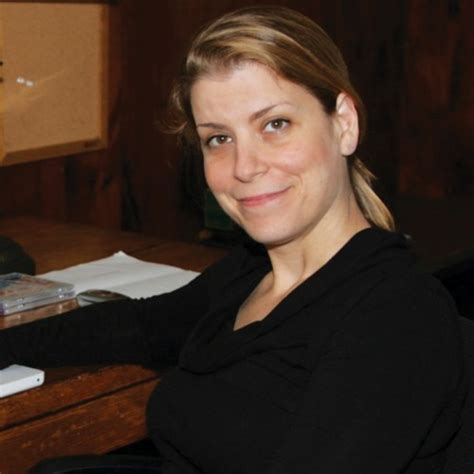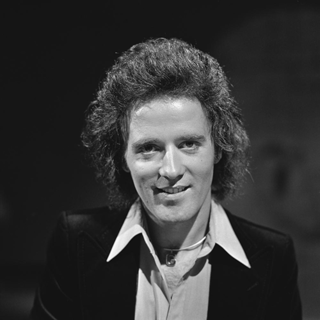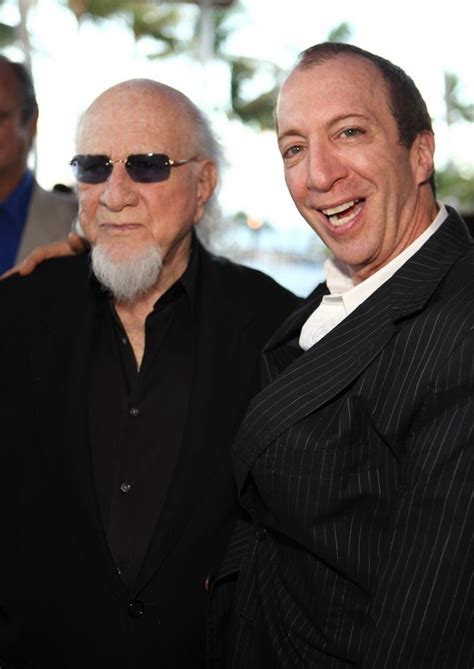A Quote by Jihae
In my music career, I never was interested in working and writing and creating songs based on what kind of rewards I could receive in return - a hit song, per se, is what most contemporary artists have to deal with when they deal with a label.
Related Quotes
The artist is the lowest form of life on the rung of the ladder. The publishers are usually businessmen who deal with businessmen. They deal with promotional people. They deal with financial people. They deal with accountants. They deal with people who work on higher levels. They deal with tax people, but have absolutely no interest in artists, in individual artists, especially very young artists.
I think from a major-label perspective, if you were on the flip side of things and that's the world you were used to working in, your interpretation could be, "Oh, they're having trouble writing songs," when really it's like, "No, I'm not ready to write songs, I don't want to write a song right now, if I did write a song, it would be forced."
Everybody used to be busy writing songs - great songs - that became hits. Now everybody's writing hits. Everybody's desperately writing a hit because they know they can't survive if they don't have a hit. Where in the past, we were writing a song like 'More Than Words' on a porch, not really believing it was gonna be a hit.
We proclaim human intelligence to be morally valuable per se because we are human. If we were birds, we would proclaim the ability to fly as morally valuable per se. If we were fish, we would proclaim the ability to live underwater as morally valuable per se. But apart from our obviously self-interested proclamations, there is nothing morally valuable per se about human intelligence.
It's always boiled down to the quality of your music and the quality of your deal with whoever's distributing your music: There are artists who sold a lot of records and didn't make money because of their deal, and artists who didn't sell nearly as much who made a great living because they own their masters.
The music business is suffering because fewer artists are being invested in. Labels are putting in less money, taking fewer risks and signing half as many artists as they did 10 years ago. Everything is risk averse right now and there are two ways to deal with a business situation like this: either reduce your risk or increase your return. They're reducing their risk to the bone and looking for ways with their 360 deals to increase their return. They're still not making money. Artists are suffering. Labels, or music investors, are suffering.




































